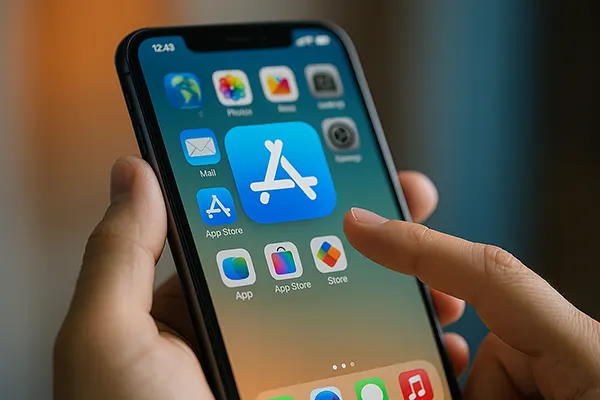
How to Install Third-Party Apps on iPhone in 2025: New Opportunities for iOS 18 Users
With the release of iOS 18 in early 2025, Apple has introduced a significant shift in its app ecosystem, finally allowing the installation of third-party applications outside of the official App Store — at least in some regions. This long-awaited change is a response to regulatory pressures in the European Union and growing demand from users seeking more freedom and flexibility. Understanding how to take advantage of this new functionality can enhance your iPhone experience considerably.
What’s Changed with iOS 18
Apple’s decision to open the door to third-party app stores comes as a direct response to the Digital Markets Act (DMA), enforced by the EU. The regulation requires large tech companies, including Apple, to support fairer competition and allow consumers more control over their digital choices. For iPhone users, this means it’s now possible to download apps from alternative sources without jailbreaking their devices.
While these changes are currently limited to countries within the EU, it marks a turning point in Apple’s traditionally closed ecosystem. Users in France, Germany, Italy, and other EU nations can now access apps through approved third-party marketplaces, a move that’s already showing signs of broader adoption globally in the near future.
Apple has integrated this new capability directly into the iOS 18 settings. However, the process still requires user consent and extra security checks to ensure the apps meet safety standards. This cautious approach allows Apple to maintain control over device integrity while complying with legal demands.
How to Enable Third-Party App Installation
To begin, users must go to Settings > Privacy & Security > App Installation and enable the “Allow Third-Party Stores” toggle. This option will only be visible if your device is in a supported region. Once activated, you’ll be able to browse, download, and install apps from verified app marketplaces, such as Setapp or AltStore, which now offer official support under iOS 18.
After selecting a marketplace, users need to authorise it by approving a prompt that confirms their intention to use non-App Store apps. This includes an explanation of potential risks and the need for periodic security checks. The approval process mirrors Apple’s existing certificate verification system, keeping installations secure and transparent.
It’s important to note that sideloading remains unavailable for users in countries where DMA doesn’t apply. However, analysts expect Apple to expand the feature gradually, depending on how well it performs in regulated markets and the level of user interest.
Security and Privacy Implications
One of the major concerns surrounding third-party app installation is device security. Apple has implemented new sandboxing rules and permissions for external apps, ensuring they operate in a controlled environment. These measures aim to protect sensitive data, prevent unauthorised access, and maintain system integrity even if the source isn’t Apple’s App Store.
Before any app store is allowed on your device, Apple requires developers to register with their new App Marketplace Programme. This ensures that all marketplaces meet minimum standards for transparency, data protection, and user support. The company has also introduced stricter logging and diagnostic tools for apps installed from outside sources.
From the user perspective, apps from third-party stores will be clearly labelled as such, and any permissions requested will be explained in greater detail. Additionally, regular system scans are carried out in the background to detect malicious activity and warn the user if anything suspicious is detected.
Staying Safe While Using Alternative App Stores
Always choose reputable sources like Setapp or AltStore, which have undergone Apple’s validation process. Avoid downloading apps from unknown websites or unofficial marketplaces, as they may contain harmful code or spyware. Even though iOS 18 offers new freedoms, the risk of malware increases when leaving Apple’s tightly controlled environment.
Ensure your iPhone is updated to the latest version of iOS 18 and that all security patches are applied. Apple is actively improving its background checks and security logs, but users still bear responsibility for the apps they install. Don’t ignore system warnings or permissions requests without review.
Lastly, regularly check your installed apps and review their activity logs. If anything appears unusual — such as excessive battery usage, unwanted data access, or unauthorised connections — uninstall the app immediately and report the issue. Apple’s new support tools for third-party apps now make it easier to submit such feedback.
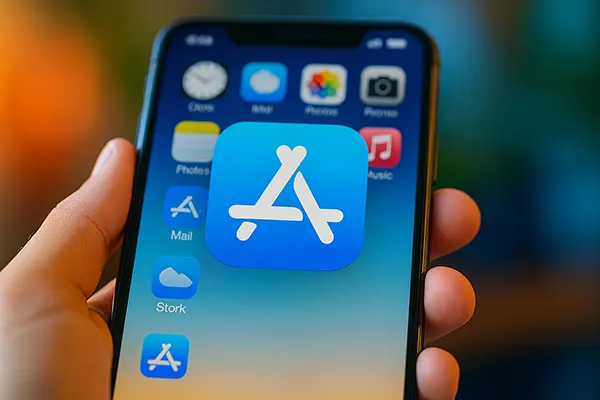
Potential Impact on the App Market
The introduction of alternative app sources on iOS may dramatically shift the landscape for developers and users alike. Smaller developers now have the chance to distribute their apps without complying with the often criticised App Store policies and commission fees. This could lead to increased innovation and more niche apps entering the market.
At the same time, large companies are exploring their own app distribution channels. For instance, Microsoft and Epic Games have already expressed interest in launching their own app stores for iOS, hoping to offer competitive alternatives with fewer restrictions and more personalised user experiences.
However, there are concerns that this new freedom could lead to market fragmentation or the rise of apps that don’t follow best practices for privacy and user protection. Apple continues to monitor the rollout closely and retains the right to revoke access to any marketplace that violates its security rules or fails to meet its operational standards.
What to Expect in the Coming Months
As the rollout of third-party app support evolves, Apple will likely make adjustments based on user feedback and legal requirements. The next few months will be crucial for testing how well these new systems work in practice and whether they strike the right balance between openness and safety.
Users can expect updates to iOS 18 that further refine the permissions and security models for third-party apps. Apple may also add more visibility tools, allowing users to track what data is accessed and how it’s being used in real time. These enhancements will be key to maintaining user trust as the ecosystem opens up.
Developers, on the other hand, should prepare for an increasingly competitive app distribution environment. Understanding Apple’s App Marketplace Programme, staying compliant with evolving rules, and delivering genuine value to users will be essential for success in this new era of iPhone usage.
Related articles
-
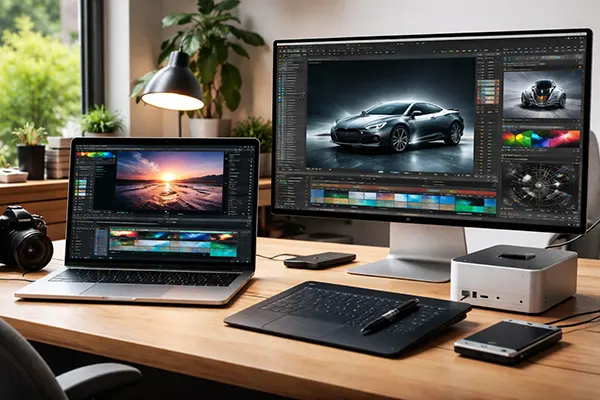 Mac for Media Work in 2026: How to Ch...
Mac for Media Work in 2026: How to Ch...Choosing a Mac for professional media work in 2026 is …
-
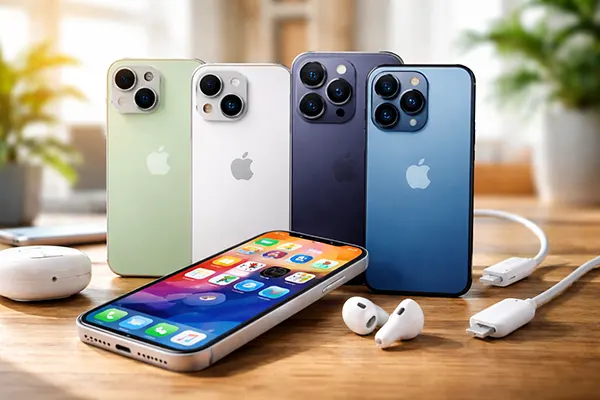 iPhone in 2026: how to choose the rig...
iPhone in 2026: how to choose the rig...By 2026, buying an iPhone is less about chasing the …
-
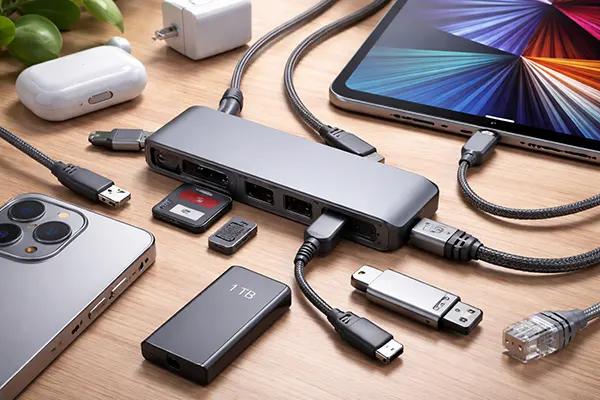 USB-C ecosystem for iPhone and iPad: ...
USB-C ecosystem for iPhone and iPad: ...USB-C on iPhone and iPad has made everyday setups simpler, …
